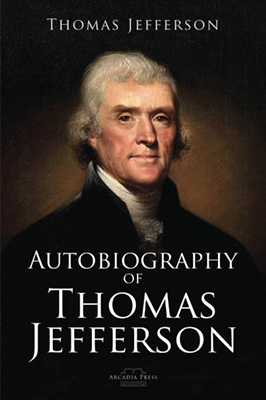
The Autobiography of Thomas Jefferson
The Autobiography of Thomas Jefferson
Thomas Jefferson wrote extensively throughout his life, but he didn’t write a traditional autobiography in the sense of a comprehensive account of his life from birth to death. However, he did leave behind a wealth of letters, documents, and writings that provide insight into his life, thoughts, and experiences.
One of the most well-known autobiographical works attributed to Jefferson is his “Autobiography,” which he began writing in 1821 at the request of his grandson, Thomas Jefferson Randolph. However, Jefferson never completed this autobiography, and it remains more of a fragmented memoir than a comprehensive account of his life.
In his “Autobiography,” Jefferson reflects on his early life, education, political career, and contributions to American history. He discusses his role in drafting the Declaration of Independence, serving as the third President of the United States, and founding the University of Virginia.
Jefferson’s “Autobiography” provides valuable insights into his political philosophy, including his views on democracy, individual rights, and the separation of church and state. It also offers glimpses into his personal life, relationships, and interests, shedding light on the man behind the public persona.
In addition to his “Autobiography,” Jefferson’s letters, essays, and public writings offer further glimpses into his life and thought. Together, these documents paint a rich and complex portrait of one of America’s most influential Founding Fathers.
While Jefferson may not have written a traditional autobiography, his voluminous writings continue to fascinate scholars and readers alike, offering valuable perspectives on the history of the United States and the ideals of democracy, liberty, and equality.
